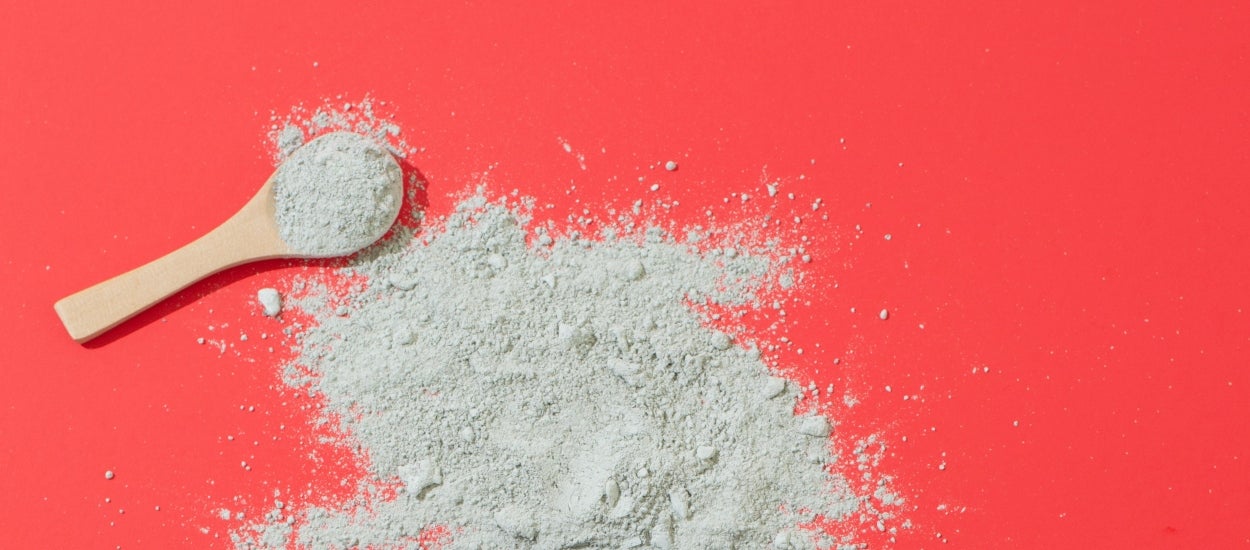Are All Proteins Created Equal?
- 03.09.18
"All that matters is hitting your total protein intake by the end of the day... it doesn't matter what source that protein comes from".
How often have you heard this statement before?
For the average person with general fitness goals (improving body composition, increasing strength and general fitness), this statement would be correct. However, if you're striving to be better than average, then this statement is only partially true.
How can this be so?
There are two major factors that impact how efficiently your body utilises the protein you consume. These are digestibility and the quality of ingredients. If your body isn't digesting your protein efficiently, your recovery, nutrient absorption, and overall results will be sub-par.
Optimal digestion goes hand in hand with a protein supplement that contains high-quality ingredients. Rarely will you suffer adverse digestive issues if your protein supplement contains high-quality ingredients.
With regard to 'high-quality ingredients', we are referring to products that aren't overloaded with:
- artificial colours or flavourings,
- excessive amounts of maltodextrin
- or a blend of protein that primarily contains a lower quality protein such as whey protein concentrate.
WPI is the highest in amino acids. It also contains low amounts of lactose and the least carbohydrates of all the protein supplements available.
Not All Proteins Are Created Equally, Know What to Look for and What to Avoid
Here is a quick guide to the different types of protein supplements on the market. We've also included some tips on what to look for and what to avoid when choosing a protein supplement.
“I Want a High-Quality Protein with Minimal Fillers"
For a protein with the highest quality of whey protein, with the fewest additional ingredients and the lowest amount of fillers, opt for a product containing primarily ‘Whey Protein Isolate (WPI)', or ‘Hydrolysed whey protein'. These ought to be the first two ingredients on the label.
WPI is fantastic for those who have lactose intolerance issues, prefer a low carb option or want a product that is fast digesting.
We highly recommend Evolve WPI.
“I Want a Low Carbohydrate Whey Protein Blend”
A blend of whey protein will contain between 2-5 different types of protein. The blend may contain a mixture of:
- Whey Protein Isolate
- Hydrolysed whey protein
- Whey Protein Concentrate
- Calcium caseinate
- Micellar casein
- Egg protein
- Beef protein
If you're looking for a quality product, it would be best to opt towards a protein that will lists protein in the first 2-4 ingredients.
Evolve 3 Whey contains Whey protein concentrate, Calcium Caseinate and Whey Protein Isolate as the first 3 ingredients.
The nutrient panel also lists it contains only 2.5g Carbohydrates per serving - great news for those seeking a low carb protein.
“I Want a Plant-Based Protein Because I'm Unable to Tolerate Dairy Products”
Unable to tolerate dairy? There is now a great variety of plant-based proteins available on the market.
Similarly to selecting a whey protein, you to choose a product that lists plant-based ingredients in the first 2-4 ingredients.
Two of the most common sources of plant-based protein include:
- Pea protein
- Rice protein
The flavour of plant-based protein has come a long way in recent years. No longer do they taste like you've taken a nosedive into a pile of garden compost. Some of the flavours can even rival some of the top tasting whey protein supplements!
Two of our favourite plant-based options include Evolve Pea Protein.
and Prana ON Power Plant Protein.
Bonus Points and Things to Keep in Mind
All the whey protein used by Evolve is sourced from grass fed cows in New Zealand.
"That's cool man… but what does that mean?"
A natural grass diet for cows, not grain fed, is ideal. This means the milk products produced (aka whey protein, cheese, and milk) will have higher amounts of nutrients, vitamins and minerals.
Compare the health and productivity of someone who only eats organic, versus someone who only eats GMO and processed food. Of the two people, who do you think will be in better health and more productive in the long run?
Supplement brands who don't source whey protein from grass-fed cows are potentially using whey protein with fewer nutrients. Thus, the protein may be of a lower quality.
Quality will always cost more, grass-fed whey protein and organic plant-based protein is no different.
Sure, you can buy a product that costs less. But you can be sure you get what you pay for? And more often than not, the cheaper the product, the lower the quality.
If a product claims to be the highest quality and most cost-effective, check to see the ingredient list and nutrient panel stack up. If not, keep searching for a better product.
We're all about getting in the greatest amount of nutrients and the highest quality possible!
Simple Summary (in Gym Bro Terms):
If you're seeking quality whey protein with minimal additives, WPI or a whey blend is a great choice.
When looking for quality and value for money, look for products containing additives, such as Glycine, maltodextrin and dextrose. They add little benefit to the product and often increase the weight of the tub rather than add nutritional value.
If it's just protein and not a weight gainer you're after, check the first 2-4 ingredients on the label. If the first 2-4 ingredients don't list a source of protein, choose another product that does.
Grass fed whey is superior to non-grass fed whey protein.
Pay attention to the claims the product is making. If it claims to be the highest quality in its class, check the ingredients list, if it contains many fillers, artificial ingredients, poor quality protein, maltodextrin and a boatload of sugar… It's not the highest quality in its class.
You get what you pay for, and quality will always cost more…. Don’t believe us?
Have you ever seen a new Ferrari cost less than a Hyundai Getz….?
That’s what I thought ;)

















